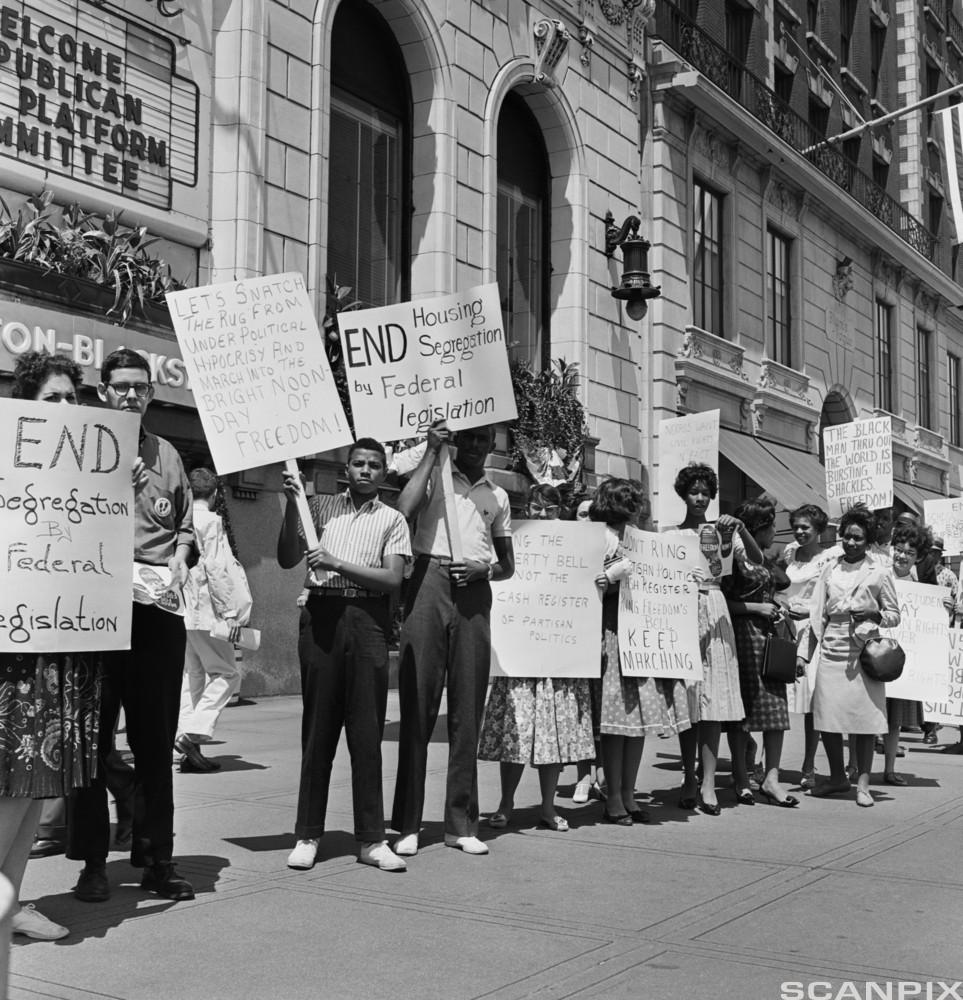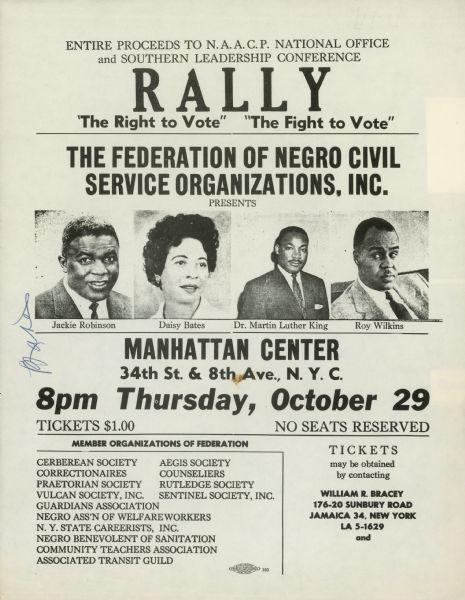From Slavery To Civil Rights


Despite some stories of kind slave owners, there is no doubt that this was an outrageous act of inhumanity. Human beings were bought and sold on the slave market, like pieces of livestock, and most of them were treated cruelly by their masters.
The paradox is that the religious settlers initially had no moral scruples in abusing African Americans in this way. Gradually, the northern states banned slavery on moral grounds, and as early as 1808 no new slaves were permitted to be imported into the United States. However, when the world market for cotton exploded a decade or two later, due mainly to the first industrial revolution in England, slavery soon flourished again in the cotton states of America.
When Abraham Lincoln was elected President in1860, his main ambition was to abolish slavery. The cotton states did not accept this and wanted to leave the Union; 11 southern states united and formed the Confederate States of America. Though the Civil War which followed had its background in the slave issue, the war was fought by Lincoln and the North mainly to preserve the Union. After the Civil War (1861-1865), slavery was abolished in the USA.
However, racism still prevailed in the South. African Americans were kept down and discriminated against in every possible way and were terrorized by the Ku Klux Klan and other extremists. Many riots and uprisings were brutally crushed during the following decades. Segregation became a part of everyday life in the South. Special laws were passed to prevent black citizens from taking part in public life, these laws are referred to as "Jim Crow Laws". Voting was a crucial issue. Black citizens were given the right to vote after the Civil War, and during the first couple of years several African American representatives were elected to office, but mostly at local levels. However, the people in power effectively put an end to this by introducing several restrictive measures:
- A literacy test was introduced, which excluded most African Americans from the polling station
- Poll tax was introduced, which excluded most African Americans and poor white people
- Registration was made difficult because the registry office would only be open during business hours, making it hard for workers to register
In addition, African Americans were literally scared away from the polling places by threats of violence, to which the authorities seemed to turn a blind eye. As a result, very few African Americans in the south voted between 1870 and 1965.
In 1954, the Supreme Court passed a verdict ruling segregation as unconstitutional. This inspired activists, both black and white, to organize and demand full equality. Dr. Martin Luther King represented a powerful movement to advocate the civil rights of African Americans. In the late 50s and early 60s, the Civil Rights Acts were passed in Congress, to a great extent due to the efforts of President John F. Kennedy. Kennedy was assassinated in 1963 and King in 1968; the fight for equality and human rights had its costs. More militant black groups emerged, like the Black Panthers, who did not believe in King's non-violence politics, and were ready to take violent action against the white people who had kept them down for so long.
The road to racial equality in the USA has been long, but after a slow and lagging process, African Americans are now accepted in all respects in American society. The ultimate example is that in 2008 the first black president in the history of the USA was elected.
Comprehension
- What was the main issue of The Civil War?
- What does it mean that racism was ruled "unconstitutional"?
- It is said that Barack Obama could win the election because he did not have roots in The Civil Rights Movement. What do you think is meant by that?
Go on the net and find more information about:
- Ku Klux Klan
- Jim Crow Laws
- The Black Panthers
- The Confederate States of America
- President John F. Kennedy and Civil Rights
- Martin Luther King Jr.